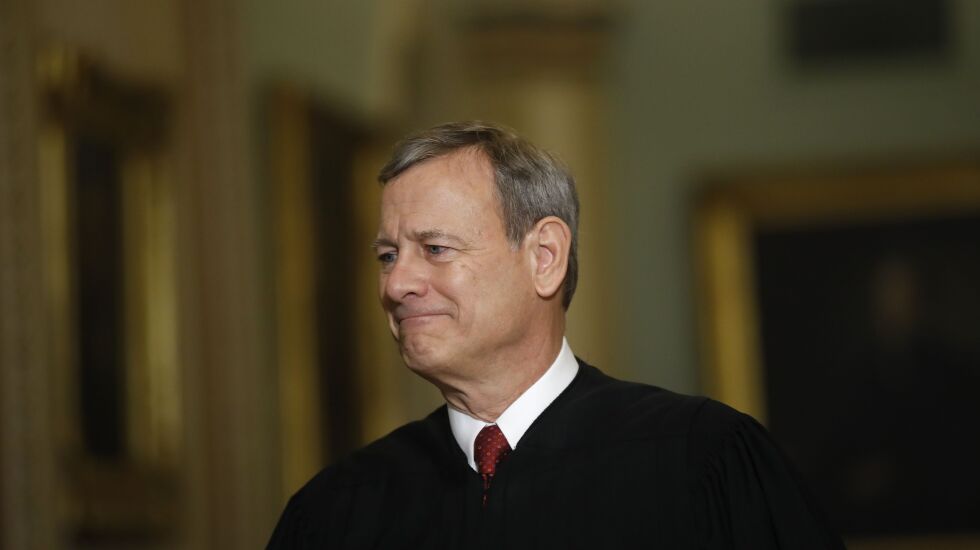
The U.S. Supreme Court, rocked by accusations of improper gift-taking and other ethics missteps, believes it has now found a way to restore public trust in the once-august panel.
The solution? The justices last week announced it has adopted a new code of conduct that they themselves will enforce — but declined to outline how ethics accusations would be investigated or what punishments for infractions would be meted out.
With Supreme Court Associate Justice Clarence Thomas’s grift-level pocketing of gift and favors from billionaire Harlan Crow — and the court’s public approval ratings polling well below 50% — it’s astounding that the court’s response is to devise its own toothless code of conduct.
Across the country, foxes guarding henhouses are no doubt taking note.
The 14-page ethics code features five canons of conduct, ranging from asking justices to “uphold the integrity and independence of the judiciary” to refraining from political activity.
But what about Thomas allowing himself and his politically active wife, Ginni, to be lavished with expensive gifts and travel by GOP billionaire Crow — while organizations linked to Crow had cases before the court with Thomas ruling in their favor?
That’s enough of a conflict to possibly get a Cook County judge within the crosshairs of the FBI, if not booted off the court entirely.
But under the Supreme Court’s new code, Thomas could have recused himself if he chose to. But there would have been no punishment if he didn’t.
Which essentially makes the code useless.
U.S. Sen. Sheldon Whitehouse, D-Rhode Island, who leads the Senate Judiciary Courts Subcommittee, called the code “a long-overdue step by the justices” but rightly added that “a code of ethics is not binding unless there is a mechanism to investigate possible violations and enforce the rules.”
U.S. Sen. Dick Durbin, D-Illinois, chairman of the Senate Judiciary Committee that has been probing the court’s ethics and unsuccessfully attempting to get key players such as Thomas, Crow and Chief Justice John Roberts to appear before the body, said the code signified “important steps, but they fall short of what we could and should expect.”
He’s right. The integrity of the nation’s highest court is at stake, and the justices’ response is akin to bringing a water gun to extinguish an extra-alarm fire.
A lightweight ethics code that lacks enforcement is bound to give us more of what we’ve already had too much of as of late: individual Supreme Court justices deciding on their own that what they’re doing is right — and benefiting from their choice.
The Sun-Times welcomes letters to the editor and op-eds. See our guidelines.







